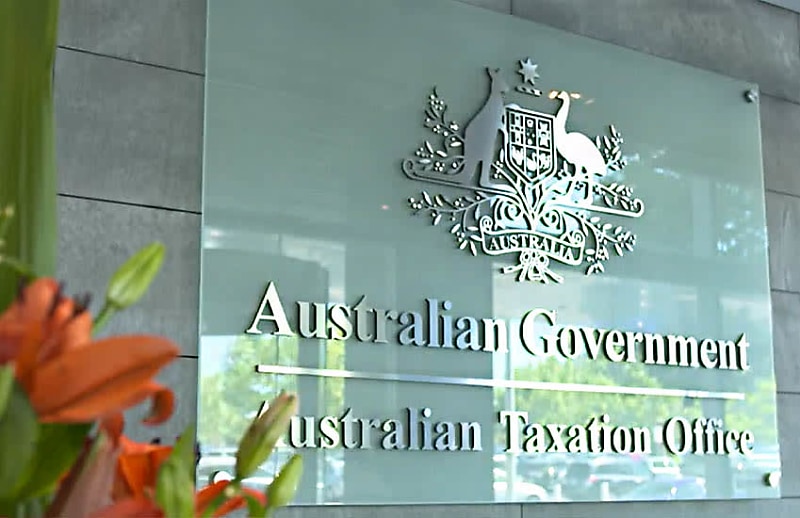ATO offers guidance to NFPs on assessing charitable purposes
TaxThe ATO has provided tips for not-for-profit organisations that are uncertain if they meet the requirements to be registered with the Australian Charities and Not-for-profits Commission as a charity.

The ATO has urged all not-for-profit (NFP) organisations to assess their tax situation if unclear on charitable purposes ahead of the self-review return due date.
Since 2021 there has been a legal requirement for NFPs with only charitable purposes to register with the Australian Charities and Not-for-profits Commission (ACNC) and apply to the ATO to be endorsed as income tax exempt.
However, a charitable NFP can now choose not to register with the ACNC as a charity, yet will not be eligible to self-assess their income tax exemption.
NFPs that choose to not register as a charity despite being charitable will be required to lodge an annual income tax return according to the ATO.
The Tax Office said if not registered, the tax expectations of the NFP will differ.
“They are a taxable NFP and may be required to lodge an annual income tax return, or notify us of a non-lodgement advice,” the ATO said.
If in operation as an NFP the ATO has underscored the critical nature behind determining if an NFP is charitable or not.
Charitable purposes of an NFP include advancing health, education, religion, or culture; advancing social or public welfare; advancing the security of Australia or the public; and promoting or protecting human rights.
Preventing or relieving the suffering of animals; advancing the natural environment; and promoting reconciliation, respect, and tolerance between groups of individuals in Australia are also considered to be charitable purposes.
If an NFP wants to register with the ACNC as a charity or is uncertain, the ATO said the NFP self-review can be submitted with an ‘income tax exempt’ outcome.
The ATO said if unsure of the NFP tax status, it is important for this confusion to be communicated to the ATO so contact can be made to offer support and guidance.
If an NFP does not meet the requirements to self-assess as income tax exempt or be a registered charity, it will be taxable.
“NFP organisations that seek to advance the common interest of their members and do not benefit the broader community won’t generally meet the requirements for income tax exemption,” the ATO said.
Examples of taxable NFPs include social clubs and fraternal organisations, some business and professional associations, and clubs whose main purpose is providing hospitality services for members and political parties.
A taxable NFP, unlike charitable NFPs, may have to lodge an income tax return and pay income tax.
The ATO said charitable NFPs don’t have to wait until 31 March 2025 to lodge an NFP self-review return as it can be lodged now through the ATO’s online and phone services.




